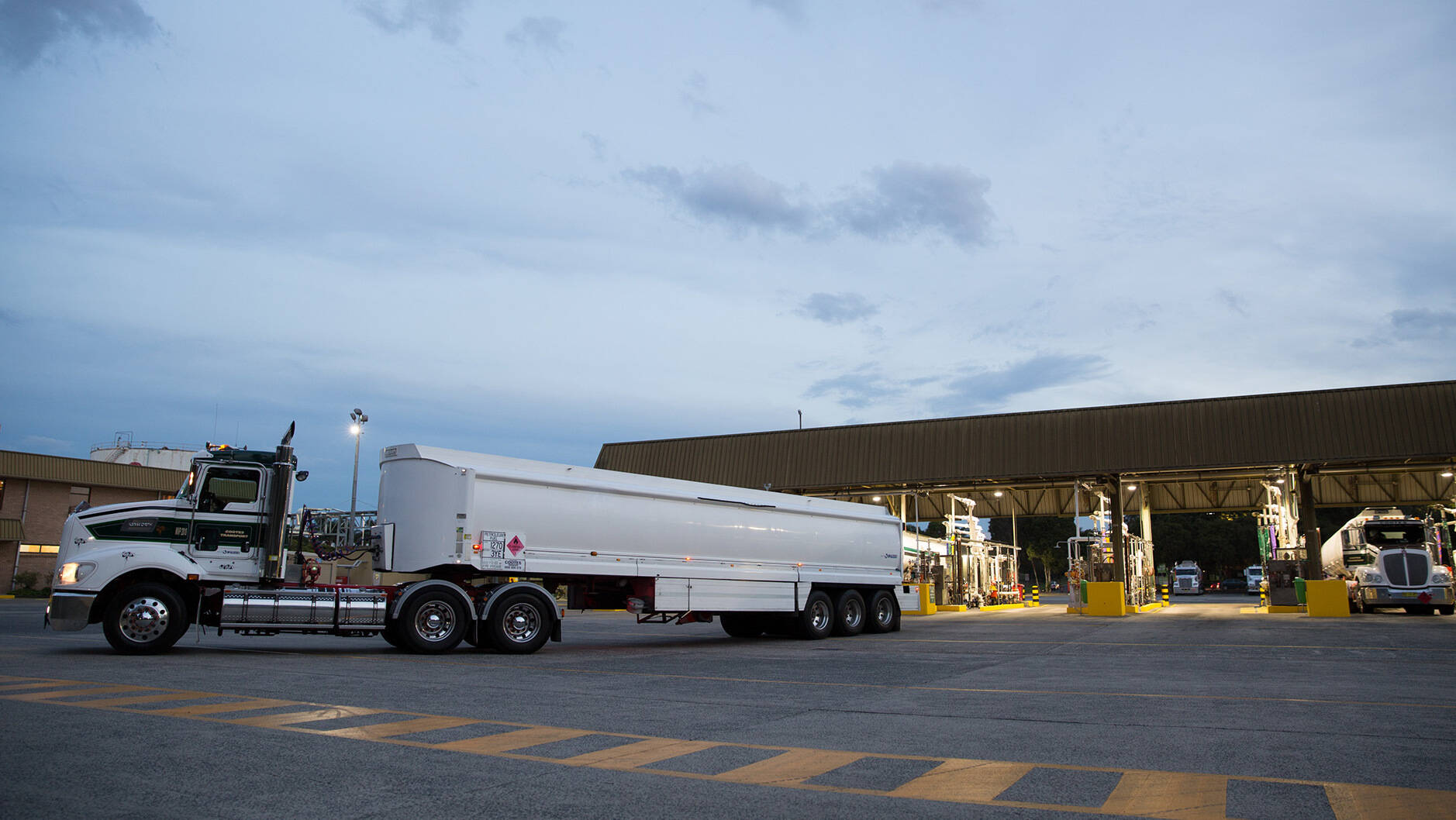Aviation
Lowering emissions and improving performance
The future of aviation
Sustainable aviation fuel (SAF) is a lower carbon intensity alternative to traditional jet fuel made from a blend of renewable sources and jet fuel. It can be produced from several sources, including bio-derived feedstocks such as fats, oils, greases, sugar or materials such as municipal solid waste and recycled industrial gases, that reduce the need for fuel produced from conventional sources.
We are already distributing SAF to customers in France, New Zealand, Singapore and the UK.
A dream oil: Mobil Jet Oil™ 387
A decade in the making, ExxonMobil’s Mobil Jet Oil™ 387 plays its part in helping air carriers more efficiently transport passengers and cargo. Designed to operate in extreme temperatures while providing consistent protection, the Mobil Jet Oil™ 387 is an innovation wonder that will help enhance aircraft reliability and minimize downtime.
As airlines and engine manufacturers look to create new aircrafts that reduce fuel burn and emissions, we continue to innovate to meet industry demands.
Nose-to-tail solutions
Innovation: From first flight to SAF
Yesterday
Today
Lower-emission fuels
Explore more

Superior Graphite, Superior Acquisitions for Synthetic Graphite Production
2 min read
•
Reconfiguring for growth: leveraging the strength of integration
2 min read
•
Fueling the future: Renewable diesel production begins at Strathcona Refinery
2 min read
•
Optimizing to meet global demand and higher living standards
2 min read
•
Driving the automobile evolution for EVs and beyond
3 min read
•
From lab to track: our LEFs power Red Bull KTM Factory Racing
2 min read
•



